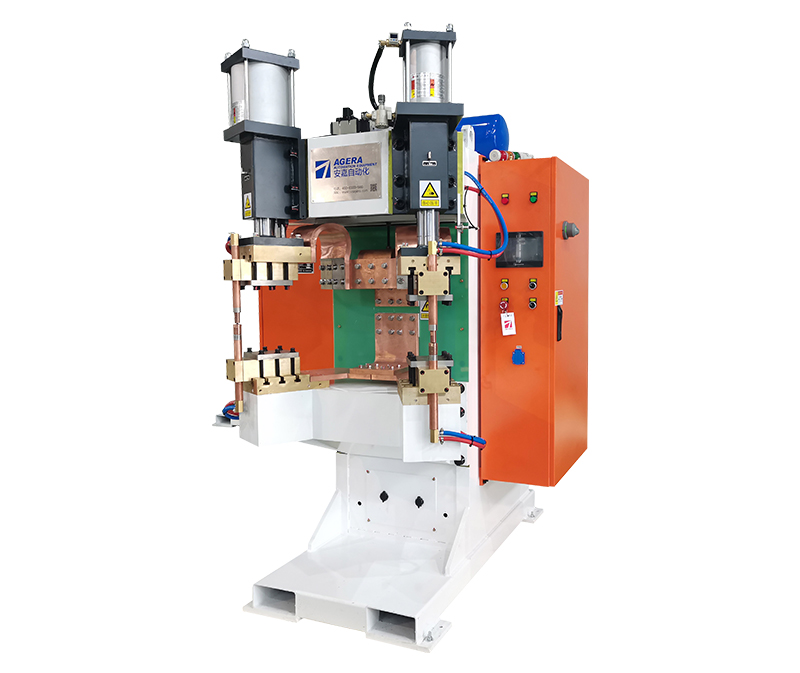How to Improve Nut Spot Welding Machine Welding Quality?
Ensuring high-quality welds is crucial in any industrial manufacturing process that involves nut spot welding. High-quality welds not only enhance the structural integrity of the products but also contribute to their overall performance and reliability. In this article, we will discuss effective measures to improve welding quality with nut spot welding machines.
- Material Selection: Choosing the right materials is the foundation of achieving excellent welding quality. Ensure that the materials being welded are compatible and have similar melting points to avoid issues like overheating or incomplete fusion. High-quality materials lead to stronger welds and better overall performance.
- Optimize Welding Parameters: Accurate control of welding parameters is vital for achieving consistent and reliable welds. Adjust the welding current, time, and pressure settings based on the material thickness and type to optimize the welding process. Properly calibrated parameters ensure strong and uniform welds.
- Regular Maintenance: Frequent maintenance of the nut spot welding machine is essential to ensure its proper functioning. Regularly inspect and clean the electrodes, replace any worn or damaged components, and lubricate moving parts to prevent friction-induced heat buildup and maintain stable welding performance.
- Electrode Care: The condition of the electrodes significantly affects welding quality. Keep the electrodes clean and free from any contaminants to facilitate good electrical contact and heat transfer during welding. Regularly regrind or replace worn electrodes to achieve consistent and high-quality welds.
- Check Welding Jigs and Fixtures: The accuracy and stability of welding jigs and fixtures play a crucial role in weld quality. Verify that the jigs and fixtures are correctly aligned and securely fastened to ensure precise positioning of the workpieces during welding.
- Welding Environment: Maintain a clean and well-ventilated welding environment to prevent contamination and ensure proper shielding gas flow. Contaminants, such as oil, dust, or moisture, can negatively impact weld quality, so it is crucial to keep the welding area clean and dry.
- Operator Skill and Training: The expertise of the operator significantly influences welding quality. Provide comprehensive training to operators to ensure they understand the welding process, machine operation, and welding safety measures. Skilled operators can make necessary adjustments and troubleshoot issues during welding to achieve excellent results.
By implementing these measures, manufacturers can enhance nut spot welding machine welding quality, resulting in robust and reliable welds that meet the highest industry standards. Regular maintenance, proper electrode care, optimized welding parameters, and skilled operators all contribute to achieving consistent and high-quality welds in nut spot welding applications.
